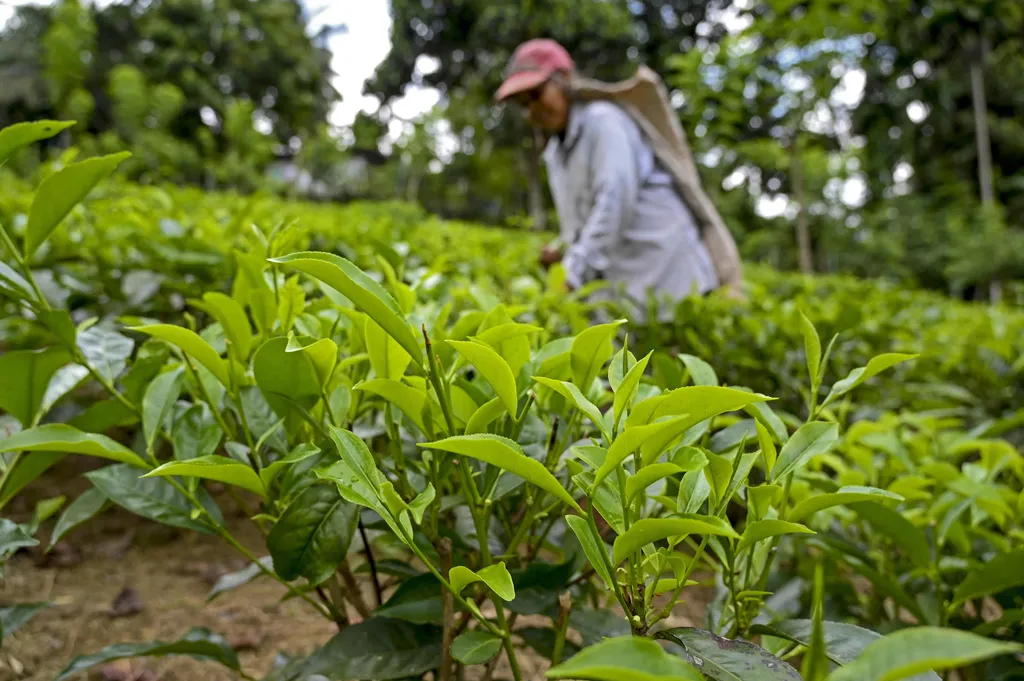In a significant move to bolster agricultural cooperation, Sri Lanka and China engaged in high-level discussions on 24 October, focusing on the development of tea, coffee, and tobacco industries. The meeting, held at the Parliament premises, brought together the Ministerial Consultative Committee on Agriculture, Livestock, Land and Irrigation and a Chinese delegation led by Yan Yalin, Vice Chairperson of the Standing Committee of the People’s Congress of the Yunnan Province. Deputy Minister of Agriculture and Livestock Namal Karunaratne chaired the session, which underscored the potential of modern technological innovations to address pressing agricultural challenges.
A key highlight of the discussions was the proposal to expand coffee cultivation in Sri Lanka. Currently, over 5,000 hectares are dedicated to coffee farming, but officials revealed plans to double this area to 10,000 hectares within the next two years. This ambitious target aims to tap into the growing global demand for specialty coffees and position Sri Lanka as a significant player in the international coffee market. The Chinese delegation emphasized the importance of adopting advanced technologies to enhance productivity and sustainability in coffee cultivation, a move that could potentially revolutionize the sector.
The meeting also shed light on the tobacco industry, where Sri Lanka was encouraged to shift its focus from exporting raw materials to producing value-added finished products. This strategic shift could open up better access to international markets and increase the industry’s competitiveness. The Chinese delegation stressed the need to transform Sri Lanka’s small-scale tobacco industry into a large-scale, factory-centred operation, drawing from China’s own experiences in industrializing its agricultural sectors.
Another notable recommendation from the Chinese side was the use of advanced, fourth-generation fertilisers to improve soil fertility and enhance crop yields. These modern technological innovations could address the declining labour force and boost productivity, particularly in tea cultivation. The discussions highlighted the potential of these fertilisers to revolutionize agricultural practices and contribute to the sustainable development of the sector.
The meeting concluded with both parties expressing their commitment to strengthening cooperation in the fields of tea, coffee, and tobacco cultivation. The exchange of agricultural development experiences and the exploration of future cooperation opportunities are expected to pave the way for a more robust and technologically advanced agricultural sector in Sri Lanka. As the country looks to expand its agricultural footprint and enhance its competitiveness in the global market, the insights and recommendations from this high-level meeting could prove invaluable.

